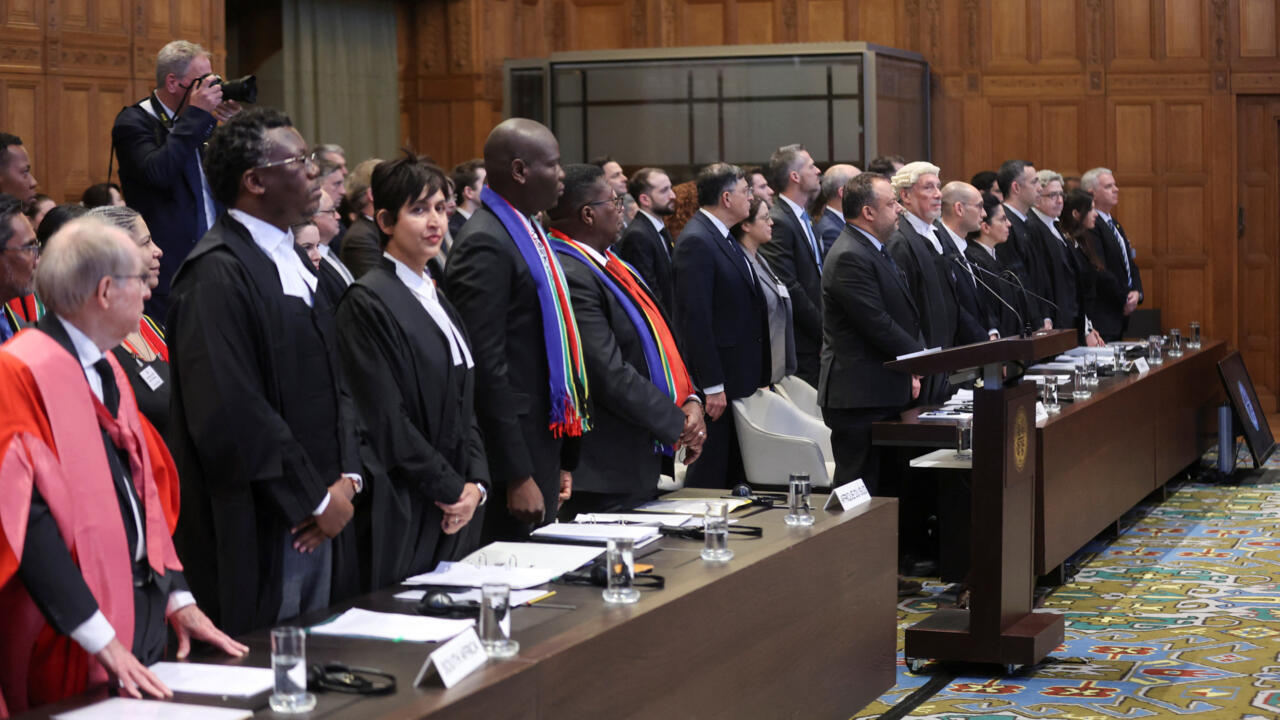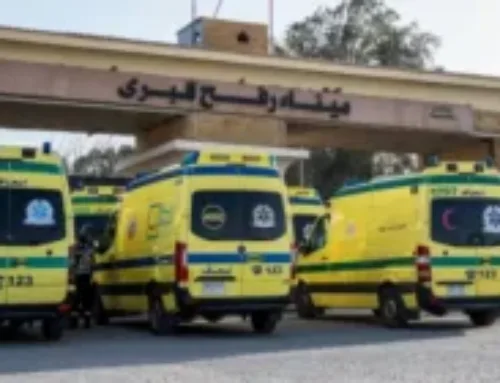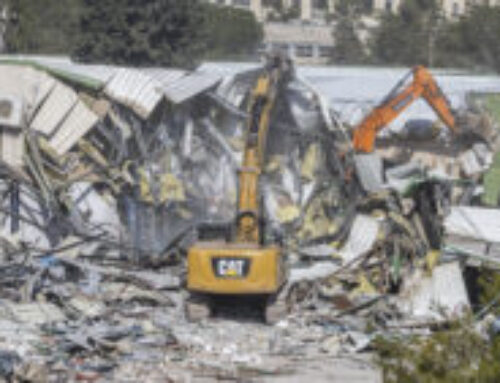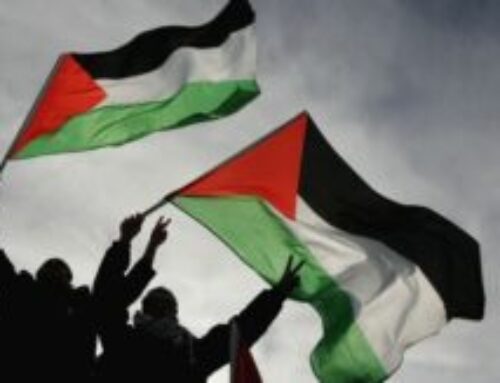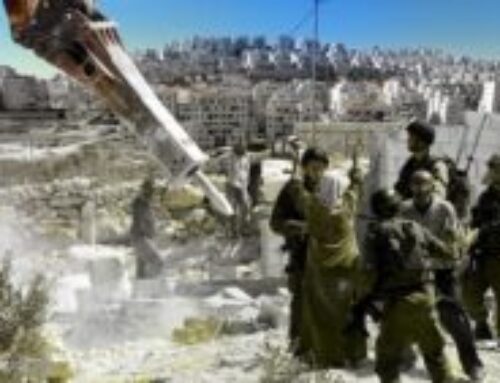Within the solemn walls of the International Court of Justice in The Hague—where silence echoes the cries of thousands still unheard—unprecedented public hearings opened on Monday, April 29, 2025, to examine whether the usurping entity is in compliance with international humanitarian law, amid what UN officials describe as the worst humanitarian catastrophe Gaza has faced since the Nakba.
The hearings respond to a case brought by the Republic of South Africa, accusing the entity of violating its obligations under the Genocide Convention—particularly after ongoing massacres, systematic starvation, and the obstruction of humanitarian aid.
More than 39 countries are expected to present their legal arguments over several days. Notably, no representatives of the usurping entity were present at the opening session.
In a striking statement, UNRWA’s Director of Communications described the situation in Gaza as “apocalyptic.” Other UN officials expressed grave concern, warning that Gaza has now entered the most dangerous phase of its humanitarian crisis.
The opening session alone laid bare a harrowing reality: systematic starvation, infrastructure obliteration, the bombing of hospitals, and civilians denied the bare minimum of survival. Within the halls of the court, legal voices rose to hold the entity directly responsible for enforcing a slow death policy on Gaza’s population.
Several participating countries stressed in their pleadings that the use of starvation as a weapon of war constitutes a clear breach of the Geneva Conventions—one for which the entity must be held accountable. Others asserted that the deliberate denial of humanitarian aid is not merely a violation but an unforgivable crime.
From behind the siege walls of Gaza, under relentless bombardment, Palestinian voices welcomed the court proceedings—calling not for symbolic deliberations, but for them to become a platform for real accountability and meaningful action.
Palestinians have emphasized that these deliberations mark a turning point in the quest to hold the usurping entity accountable for its daily crimes: bombing, starvation, and the denial of essential aid. The hearings expose the weaponization of hunger against defenseless civilians.
National Palestinian figures called on the international community—especially its legal and human rights institutions—to shoulder their legal and moral responsibilities. This call is all the more urgent given the entity’s persistent disregard for previous provisional measures issued by the court.
In an era where brute force silences truth and justice is buried beneath sterile diplomatic language, the sessions in The Hague, despite their limitations, remain a critical moral moment.
They are not a moment of triumph—but a moment of testimony, a moment of bearing witness, a moment that tells the world: “We see, we document, and history does not forget.”

